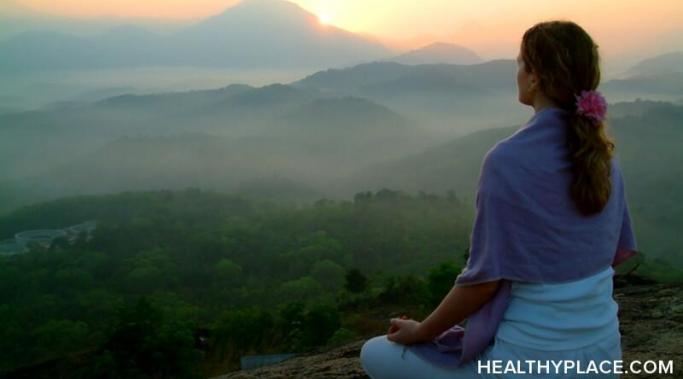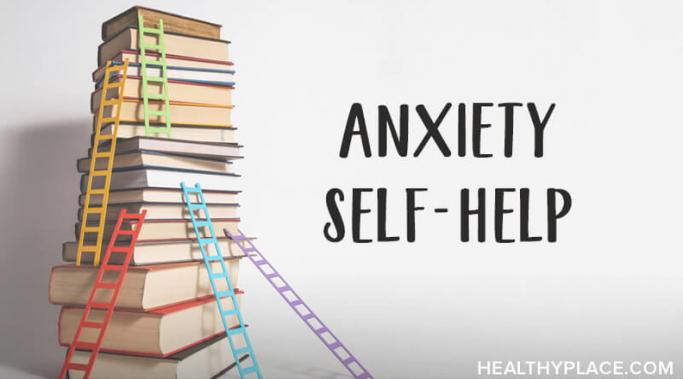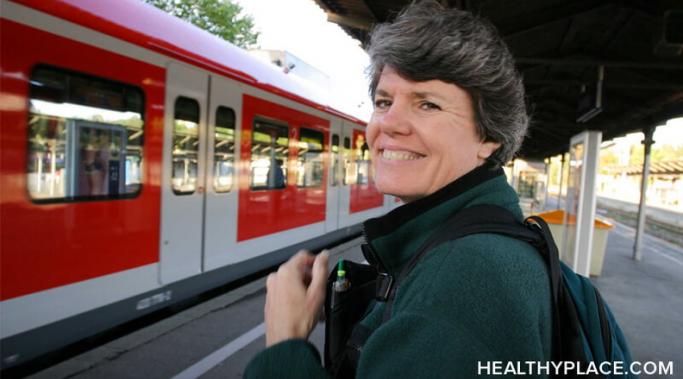When you have a history of trauma, dealing with betrayal can feel devastating. We all face betrayals of sorts throughout our lives. Unfortunately, hurt people hurt people. Some parents exploit their children; some spouses have affairs; some friends backstab their childhood besties, etc. Betrayal is all around us. We betray others in small ways; they betray us just the same. Sometimes, it's unintentional. Other times, it's purposeful. Nevertheless, it happens. But add a history of trauma to betrayal, and it's even more detrimental.
Anxiety – Trauma PTSD Blog
As someone with posttraumatic stress disorder (PTSD), I've learned dealing with uncertainty is akin to sitting in the middle of a field during a thunderstorm, praying lightning won't strike you. Uncertainty and PTSD are not my friends. They have not been kind or reassuring. They have not taken my hand and led me toward the sunlight. They have only ever presented as a long, dark tunnel with no end.
After enduring childhood trauma and developing posttraumatic stress disorder (PTSD), I battled an intense fear of loss. Not only was I sexually assaulted at the young age of four, but that same boy threatened my safety as well as my family's. If I told anyone what he did, he would retaliate. While I can rationalize in adulthood, my young brain couldn't comprehend the validity of his menacing warnings. I truly believed my family's lives depended on my ability to stay quiet. Now, in trauma recovery, I fear loss.
Posttraumatic stress disorder's panic attacks are scary--literally. Characterized by feelings of extreme fear and anxiety, many people with posttraumatic stress disorder (PTSD) experience the sweaty palms, racing heartbeat, and rapid breathing that comes with panic attacks.
Black-and-white thinking is common to posttraumatic stress disorder (PTSD). When you are traumatized, especially repeatedly, you begin to believe that life is all good or all bad. Unfortunately, it’s more common to lean towards all bad, because that is what the traumatic experiences you lived through taught you.
Thanksgiving is here, which means the holiday season is upon us; for me, the holidays come with complex posttraumatic stress disorder (complex PTSD, sometimes shortened to C-PTSD). Many people find this time of year joyful and triumphant, loving the hustle and bustle. When you live with complex PTSD, however, this can be an overwhelming season filled with many emotions.
The effects of posttraumatic stress disorder (PTSD) on relationships when both partners have PTSD create both problems and benefits. Living in the aftermath of trauma is difficult enough on its own, but navigating a relationship in which both partners have PTSD can be an emotional minefield. Fortunately, learning how to be in a relationship with someone who has PTSD is easier to understand when you live with PTSD too.
I have a bad habit and it's about posttraumatic stress disorder (PTSD)-related avoidance. I make plans with the best of intentions, only to cancel them at the last minute. Does this sound familiar to you? As many times as this has happened, I continue to experience a disconnect between the willingness to participate in an event when I make plans, and the utter desire to avoid leaving my room when it is time to go. However, I have found that breaking outings into steps reduces PTSD-related avoidance.
Travel anxiety and posttraumatic stress disorder (PTSD) magnify the tension of planning and leaving on a vacation. The traveling, the unknown venues, crowds, open spaces and other unpredictable scenarios can make many PTSD symptoms such as anxiety, depression, dissociation and fatigue more prominent. Of course, having PTSD doesn’t mean you should stay close to home. By taking some extra time to detail your travel plans, you can handle travel anxiety and PTSD.
Knowing when you'll need to cope with posttraumatic stress disorder (PTSD) triggers in social settings is an unpredictable aspect of posttraumatic stress disorder. Despite knowing many of the situations where encountering a PTSD trigger is likely, there is no way to anticipate or to avoid every trigger (PTSD Recovery: How to Cope With Triggers). PTSD triggers that occur in social situations call for a toolkit of coping strategies that you can use even when it isn't practical to leave the group setting.









